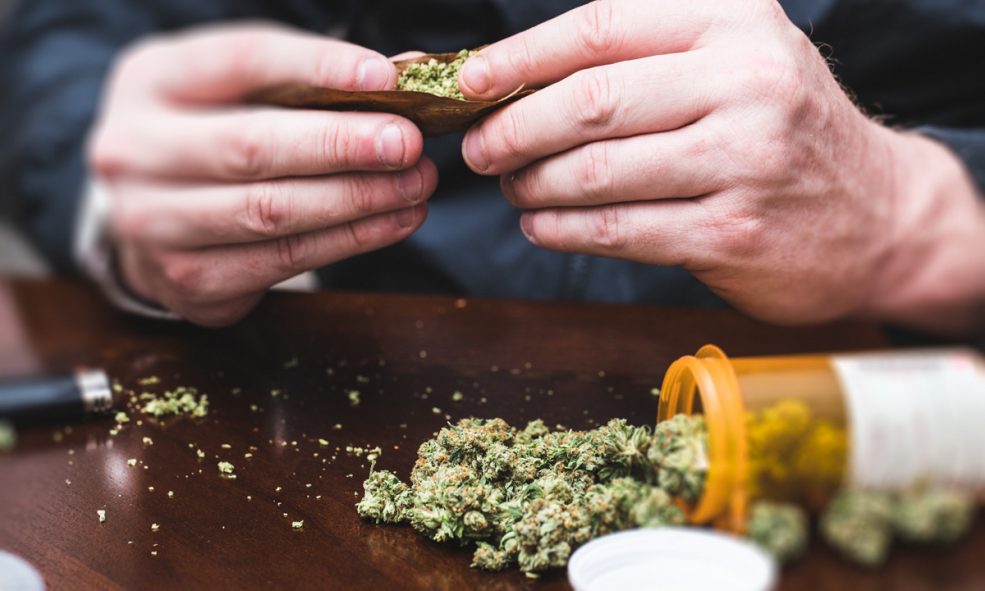Weekends are made for naps, but done right they can make your week better also!
The body is a machine which needs fuel, maintenance and downtime. Around 30% of people don’t get enough night sleep during the week, which can cause problems during the waking hours. There has been a stigma around napping as being lazy, but often those “judging” are not giving their own body enough time to rest, refocus and beenergized for the challenges of day to day life. Data shows it is good for you and naps done right can make a huge difference.
RELATED: Does Hitting The Snooze Button Help Or Hinder Sleep
Everyone is different and bodies need certain things to function, enough rest is one. Healthy sleep is one of the American Heart Association’s Life’s Essential 8, their guide for improving and maintaining health. Naps can reduced fatigue, increased alertness, improve your mood and performance, and help with memory. But there are some guidelines…don’t sleep too long, don’t nap to close to your bedtime, and the following key lessons.

Figure out the right nap for the moment
The National Sleep Foundation shares there are three kinds of naps, each with their own patterns and effects. Planned napping, emergency napping and habitual napping. The first is when people sleep before they get tired, the second is when they nap because they’re exhausted and they have to, and the third is when they make a habit out of daily naps. Find the option that works best for you and you needs.
Naps should be short.
Productive naps are between 10-20 or so minutes. While we think of the more sleep the better, this is a case of a little goes a long way. Studies show a 10 minute nap can make people feel rested and prepared for the rest of their day. In fact, sleeping for over 30 minutes can disrupt in nightly sleeping patterns, which can alter your nights and productivity. Set an alarm for your naps, keeping them to a defined time, especially if you’re napping habitually and are not catching up on missed sleep.

Once awake, start moving
Weekends can be made for lounging around and being lazy. Spend all day in bed or lounging in the couch and end up sleeping on and off. But hese sessions can result in blurry days where the hours fly by and you end up feeling exhausted. It results in having trouble sleeping at night and not being rested. Days like these disrupt your circadian rhythms. Naps work best when they’re planned, with some activity and movement before and after.
Develop a schedule
Going to sleep at the same time every night provides plenty of positive results, helping you maintain a schedule and develop better sleeping habits. It’s the same with naps. “The brain prefers to anticipate something, not react to it. A nap is no different, which is why a scheduled nap always works better over the long haul when compared to a random nap.” This schedule shouldn’t force you to nap everyday, instead, it should help you nap more easily and feel more rested. Hope you can use the tips to make the most out of naps.


 Cannabis News2 years ago
Cannabis News2 years ago
 One-Hit Wonders2 years ago
One-Hit Wonders2 years ago
 Cannabis 1012 years ago
Cannabis 1012 years ago
 drug testing1 year ago
drug testing1 year ago
 Education2 years ago
Education2 years ago
 Cannabis2 years ago
Cannabis2 years ago
 Marijuana Business Daily2 years ago
Marijuana Business Daily2 years ago
 California2 years ago
California2 years ago
























